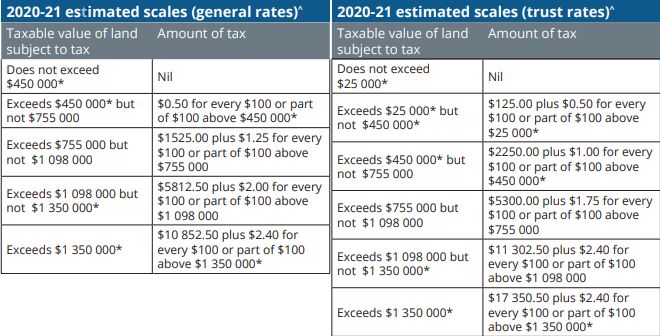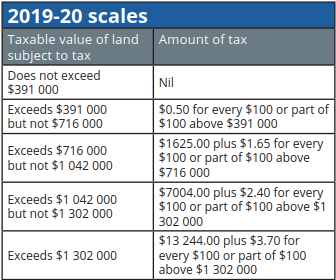11 July 2020
Despite the current COVID-19 world in which we live, the procedures for completing and lodging tax returns remains pretty much the same.
So, before we sit down with you to go over your tax return, certain information will be needed. Of course these days pre-filling takes care of a lot of the “paperwork”, and if you wait until late-July or mid-August the ATO’s systems will most likely be able to provide most of the information from employers, banks, government agencies and other third parties.
We will then be able to double-check the information is correct and enter any deductions you want to claim. However to be thorough, before coming in for your tax appointment here are the sorts of information needed to enable us to complete your tax return.






